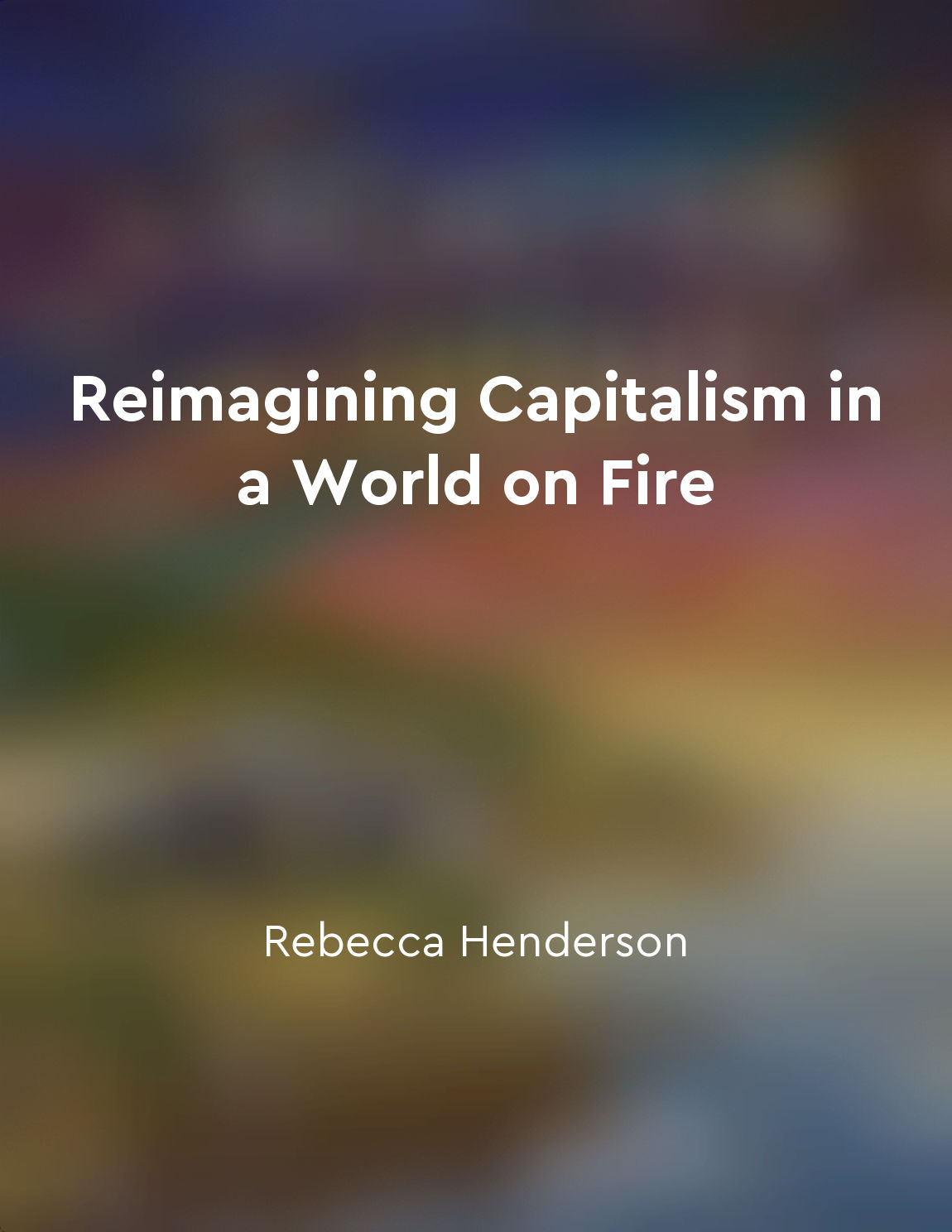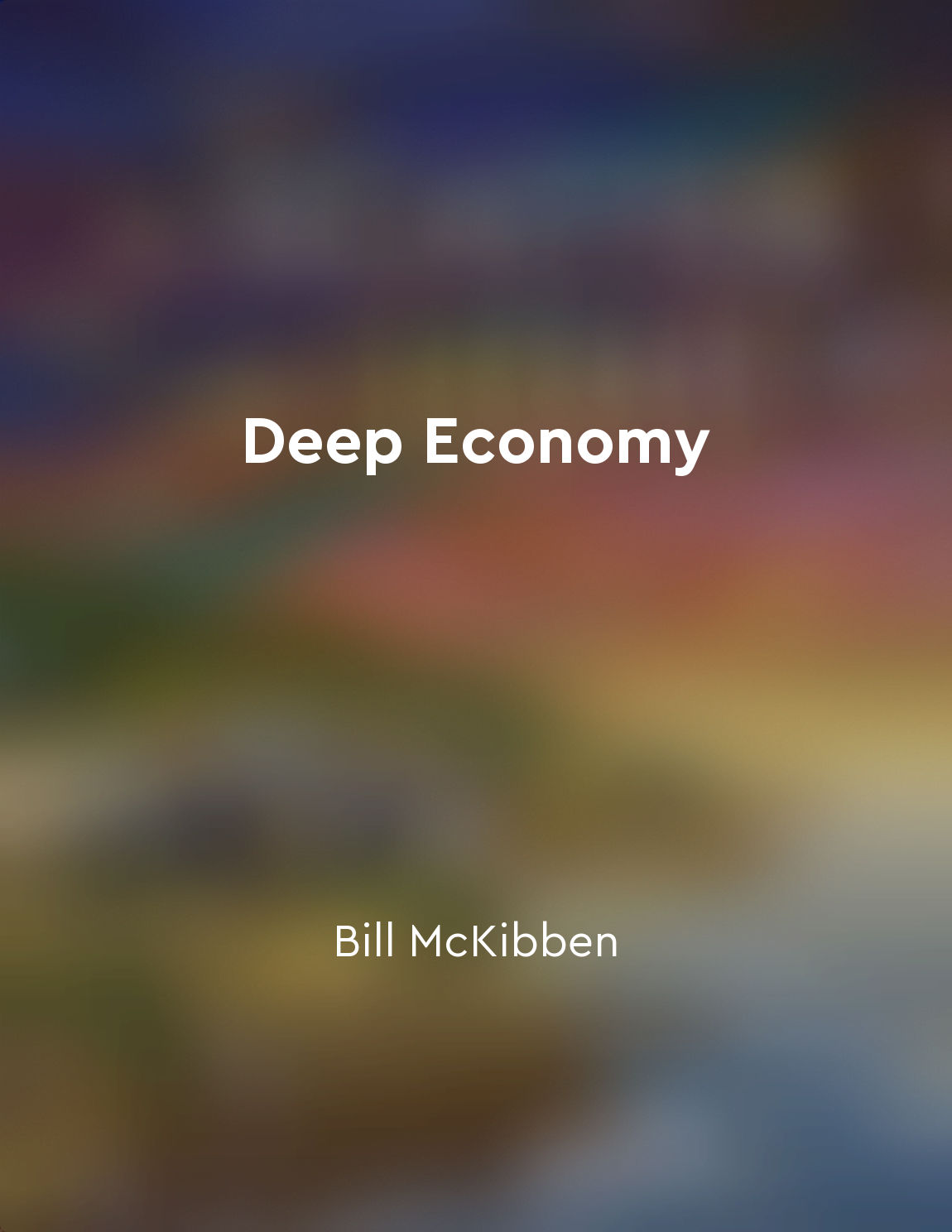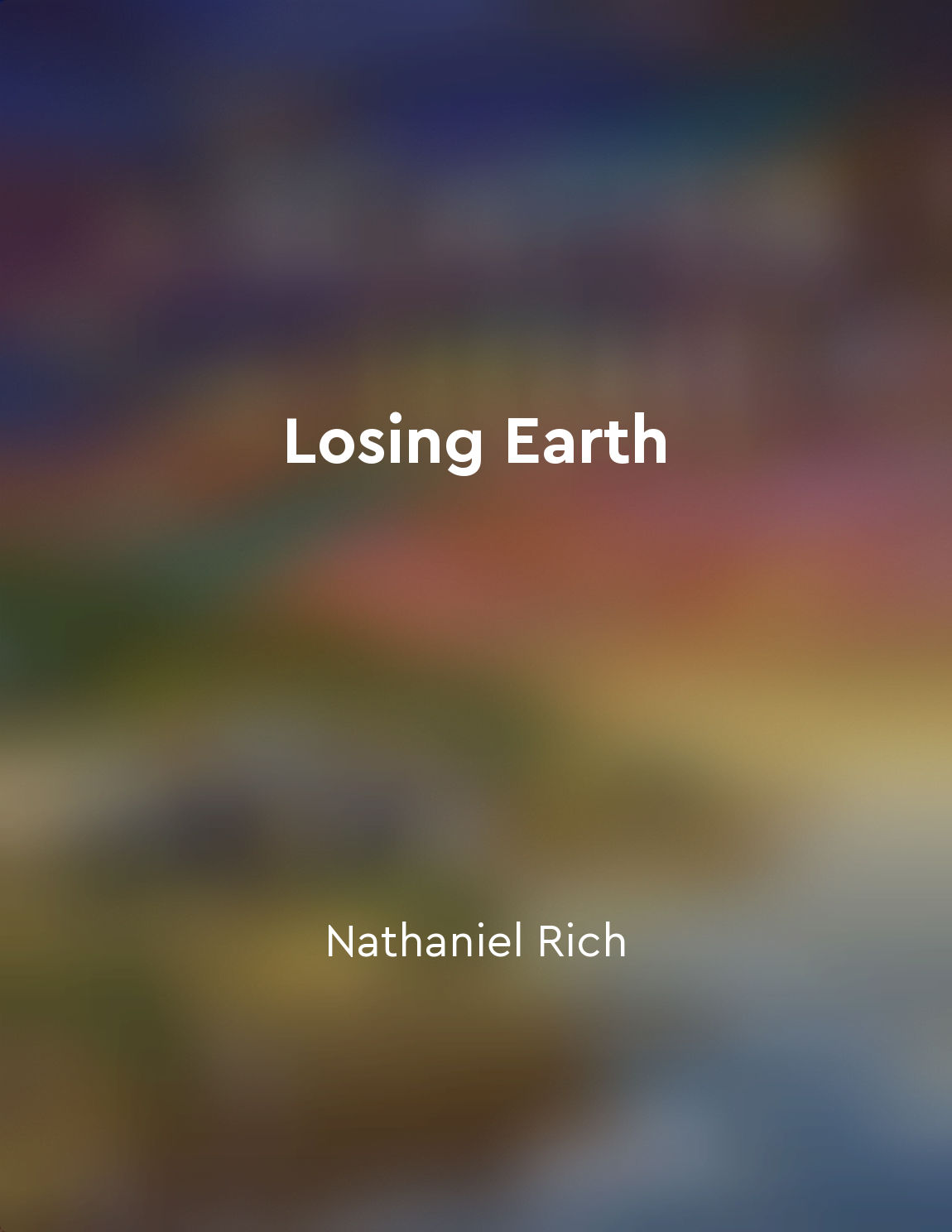Urgency for radical change grows from "summary" of Losing Earth by Nathaniel Rich
As the years passed, the urgency for radical change grew. The scientists warned of the impending dangers of climate change, yet the world continued on its destructive path. The evidence was clear, the consequences were dire, but still, the necessary actions were not taken. The window of opportunity was closing, and the need for immediate and drastic measures became more pressing. Despite the mounting evidence and increasing urgency, the political will to enact meaningful change was lacking. The issue of climate change became mired in debates and disagreements, with little progress made towards a solution. The inertia of the status quo seemed insurmountable, with powerful interests standing in the way of progress. As the years turned into decades, the effects of climate change became more pronounced. Extreme weather events became more frequent, sea levels continued to rise, and ecosystems began to collapse. The signs of an impending crisis were all around, yet still, the world hesitated to take the necessary steps to avert disaster. The failure to act on climate change was not due to a lack of knowledge or understanding. The science was clear, the experts were unanimous in their warnings. The problem lay in the inability of governments and societies to overcome their short-term interests and take the long-term view needed to address the crisis. The growing urgency for radical change was a stark reminder of the consequences of inaction. The time for half-measures and incremental steps had passed. What was needed now was a fundamental shift in mindset, a willingness to challenge the status quo, and to embrace a new way of thinking and acting. The future of the planet depended on it.Similar Posts
Regional planning is crucial for sustainable development
Regional planning plays a critical role in ensuring sustainable development. It involves the organization and management of lan...

Embracing sustainability can lead to financial success
Embracing sustainability is not just a moral imperative; it is also a sound business strategy. Companies that prioritize sustai...

Community is essential for wellbeing
In our fast-paced, hyper-connected world, we have lost touch with the true essence of community. We have become isolated, focus...

Growth is not always good
The assumption that growth is always good underpins our entire economic system. We are constantly bombarded with messages that ...
The wonders of nature never cease to amaze
One can never fail to be amazed by the endless wonders that nature has to offer. From the smallest insects to the largest mamma...

Climate negotiations stall due to political interests
In the mid-1980s, as climate change began to capture the attention of scientists and policymakers alike, the stage was set for ...
Rising global temperatures are causing irreversible damage to our planet
The Earth, our only home, is under siege. The relentless rise in global temperatures is wreaking havoc on our planet, leaving i...
